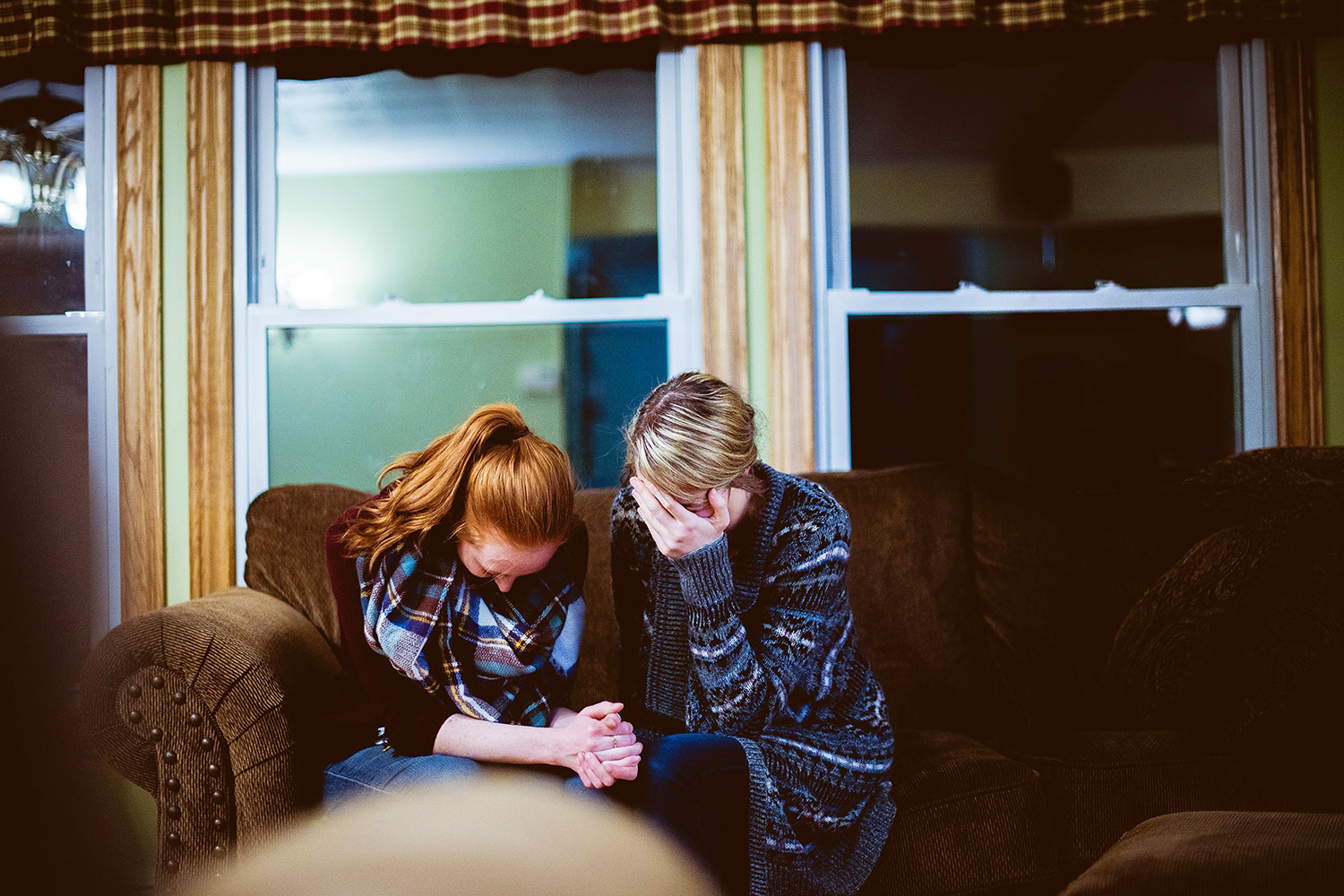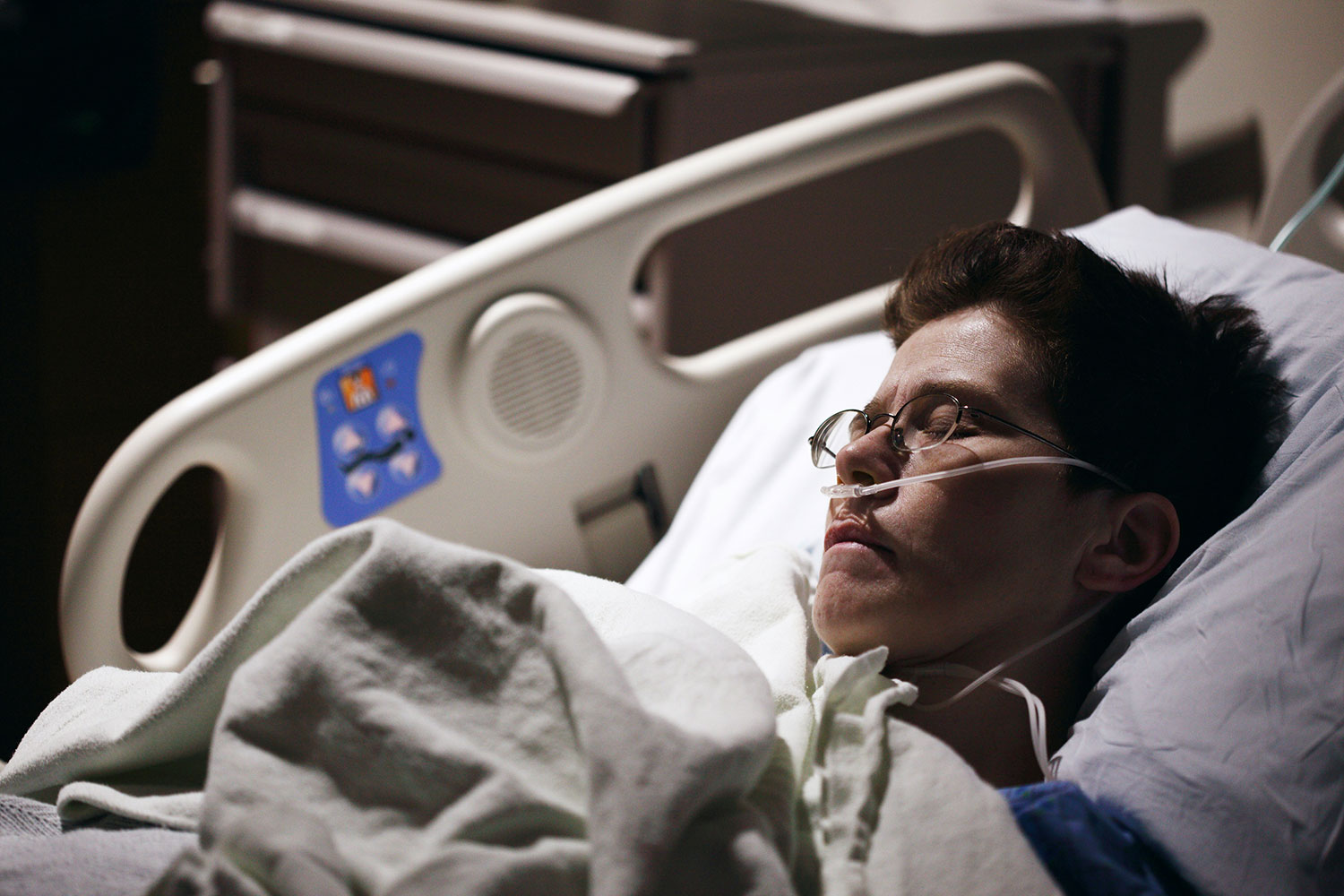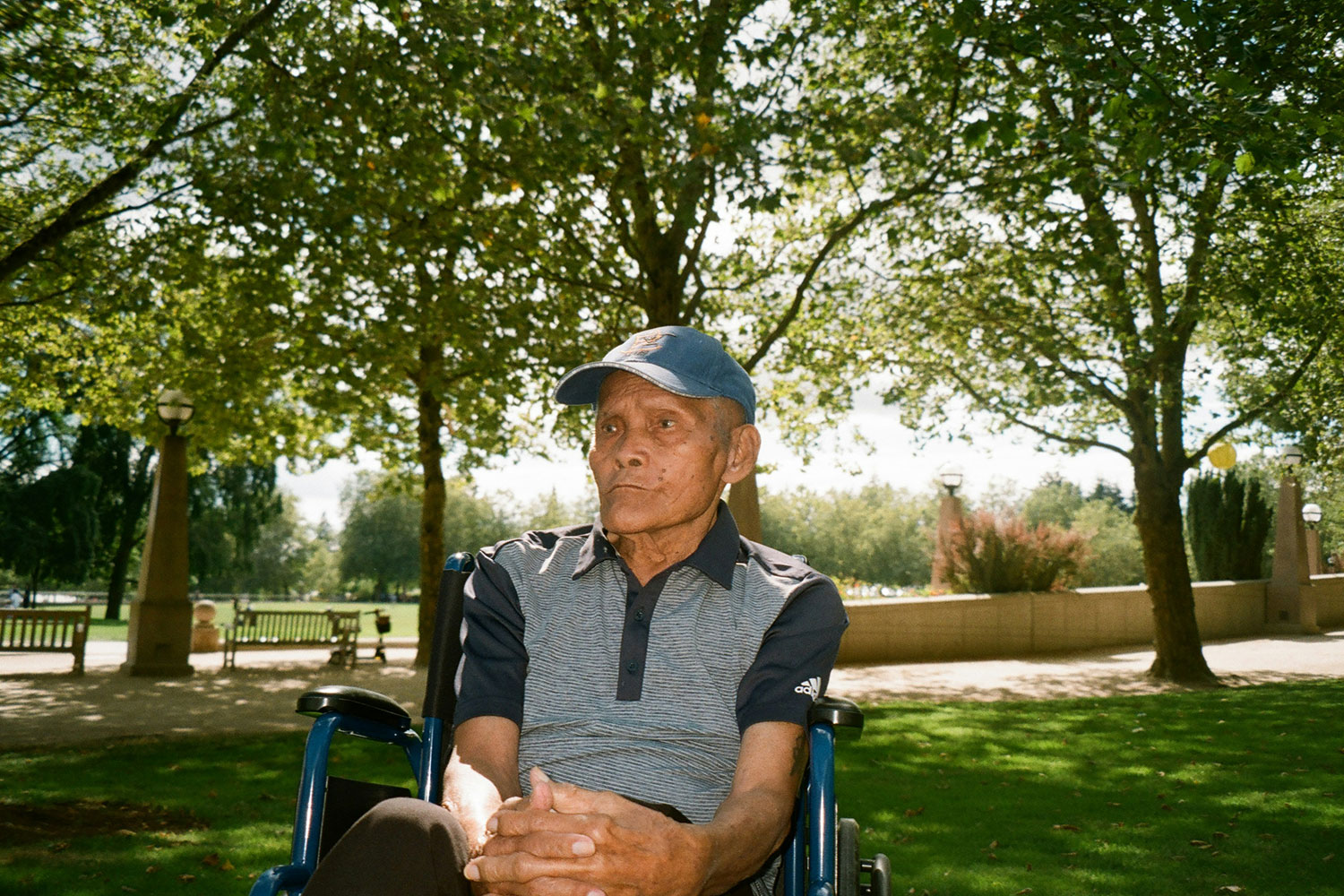

Adjustment disorder is common among the aging population as they navigate many major life changes. Coping with change is not always easy. When a person experiences intense physical and/or psychological symptoms after a life event, or transition (like a major move), the person could be experiencing an adjustment disorder. Adjustment disorder can be acute (less than 6 months) or persistent (over 6 months). Some of the common symptoms of adjustment disorder are feeling sad and hopeless, loss of interest in things they used to enjoy, crying, not eating, isolating themselves, trouble concentrating, physical aches and pains, digestive issues etc. Seniors that transition into assisted living are at increased risk for an adjustment disorder. That’s why MSMHS has designed a specific program tailored to the needs of seniors (and their loved ones) who are transitioning to a new facility to help make this transition easier for all involved. See our “Smooth transition program” for more details.

Some aging adults are at risk of developing an anger management problem. Certain circumstances such as dealing with physical health problems, lack of quality sleep as well as the social and emotional challenges that come with aging can all affect levels of anger. Increased anger causes a physiological response in the body that involves elevated heart rate, increased blood pressure, muscle tension and other symptoms. These symptoms put the aging population at increased risk for cardiovascular damage and other chronic diseases. Furthermore, anger has been linked to increased inflammation in the body which can aggravate arthritis symptoms.

Stress is a normal response to a dangerous or difficult situation. It can help us stay alert and safe while we fight off a crisis. Sometimes, though, our bodies and minds stay in a state of stress for longer than necessary, which can take a toll on our physical and mental health. Older adults are especially vulnerable to chronic stress because they are experiencing so many life changes. It’s important to be aware of the symptoms, causes, and solutions for stress in aging adults.

Everyone experiences anxiety from time to time. A certain level of stress can be quite motivating and help us solve problems. However, for some people anxiety can move beyond the normal “stress” of everyday life and become debilitating. When anxiety disrupts daily life, relationships, and a person’s ability to function, it may be an anxiety disorder. Clinical anxiety disorders involve unrealistic or excessive worry about multiple areas of life. In the aging population this may include worrying about misfortune to children and grandchildren, finances, or physical health. Anxiety disorders become more common as we get older because medical, psychological, and social problems tend to build up.


Chronic pain in the elderly is a common issue with conditions such as arthritis, osteoporosis and neuropathic pain contributing to poor quality of life. Pain can be acute (short lasting) or chronic (persistent, lasting more than 3 months) and can be accompanied by depression and anxiety. Cognitive Behavioral Therapy (CBT) and Dialectic Behavioral Therapy (DBT), such as what is offered through MSMHS, provides individuals with several new strategies to help manage chronic pain. Several studies have found that whether administered alone or in combination with medication treatment, CBT and DBT improves pain and pain related problems.

Typically depression begins in childhood, however the life changes that occur in later life can affect mental health. Depression is a common but serious mood disorder. It affects the way you think, the way you feel, and how you manage your daily life and relationships. It can make you lose motivation, appetite and lose interest in previously enjoyed activities. Depression may be common among older adults, but it is important to note that clinical depression is not a normal part of aging. Further, depression in the aging population presents differently than in younger people and symptoms can often mimic those of common physical ailments such as, insomnia/fatigue and sleeping too much, irritability, confusion, and attention problems. Depression in the elderly also increases the risk for heart problems. Vascular depression is a type of depression in older adults that’s caused by circulation problems. Symptoms of depression often last longer for the elderly and therefore should be treated as soon as possible.
CBT and Mindfulness-Based Cognitive Therapy (MBCT) are particularly useful for managing depression.

Caregiver burnout is characterized by exhaustion, mood changes and shifts in attitude. It often happens when friends or family members take on the role of caregiver for someone they love. As the strain of caregiving builds over time, it can affect work, relationships and physical health. A caregiver may also be hard on themselves for experiencing negative emotions. Being irritable, frustrated or stressed out is not uncommon. Talking to a mental health professional about your feelings can help you find acceptance and learn to overcome caregiver burnout.

Most people experience some level of grief when a loved one passes away. However, any kind of loss can lead to feelings of grief. The senior population is particularly vulnerable to experiencing feelings of loss and grief. Whether it be through the loss of a loved one, or the loss of freedom of independence, loss of health or youth, these are all experienced as grief. Common symptoms of grief are shock, numbness, guilt, shame, regret, anxiety, fatigue, nausea, weight changes and other physical conditions. If left untreated, grief can often turn into severe depression. Speaking with a trained mental health professional is the most effective way of dealing with the emotions that surface when grieving.


Post Traumatic Stress Disorder (PTSD) is a psychiatric condition that people may experience after going through or witnessing a traumatic event. Not everyone who experiences trauma will develop PTSD, however the condition is more common than most people think. Many people go through life undiagnosed which only serves to increase symptomology and other physical and mental health issues often stem from not being treated for PTSD. Older adults in particular are at higher risk for developing PTSD symptoms than the general population. Life changes associated with aging make coping with an earlier trauma more difficult. Even if a person never previously showed signs of PTSD, they may start to struggle with their trauma as they age and face retirement, physical health problems, and functional and cognitive decline. PTSD in older adults can also occur because there are fewer opportunities to self-medicate. Many people use avoidance-based coping strategies, such as working long hours, to distract themselves from the psychological effects of the traumatic event. However, as people age, their coping strategies tend to become less available, so they are forced to face their trauma head on for the first time. Therapy is the most recommended treatment for PTSD by organizations such as the Department of Veteran Affairs (VA) and the American Psychological Association (APA).

Substance use, particularly alcohol, and alcohol use disorders (AUD) are common among older adults, particularly in the baby boomer generation. Alcohol use is linked to depression, anxiety, dementia, and a higher death rate in older adults. Age related changes in metabolism leads to any amount of alcohol or drugs having an increased adverse effect on older adults.

The national growth in the older adult population is anticipated to include a disproportionately larger growth in the number of older adults with schizophrenia spectrum disorder and other Serious Mental Illnesses (SMIs). There is a greater risk and incidence of adverse outcomes associated with SMI and medical comorbidity.

Senior isolation and loneliness are common concerns among the aging population and their loved ones. Older adults lose their outlets for social interactions they age, and this can lead to issues with mental, physical and cognitive health. There can be personal, cultural and community factors that can cause isolation. Isolation can also be defined in different ways. Sometimes, isolation refers to being physically alone in your environment. However, isolation can also be feelings of loneliness that can be felt even when physically in the presence of others. Just because an older adult lives with family or with others in assisted living doesn’t mean they can’t feel lonely.

Brain aging is a normal process that occurs over the lifespan that causes a progressive decline in cognitive functioning. Many people notice subtle changes in how well they remember, learn and make decisions. Others, however, experience significant progressive decline in cognitive functioning, specifically memory impairment, difficulty with communication, planning and organization, confusion and/or disorientation. These symptoms can be associated with various neurodegenerative dementia disorders, stroke and/or other medical events. At MSMHS our trained Neuropsychologists can assist with distinguishing what is normal age-related cognitive decline versus Mild Cognitive Impairment (MCI) or Dementia. We perform specialized neuropsychological testing to rule out and or diagnose neurodegenerative dementias (for further information see section on Neuropsychological assessment). In addition, we also offer support and education to family members of loved ones who show a decline in cognitive functioning.

Telehealth services are offered via HIPPA compliant guidelines. Telehealth services are covered by medicare and other insurances and you do not need a referral for this service. Telehealth is treated the same as an in person visit. Telehealth is delivered by our FL Licensed providers utilizing a HIPPA compliant platform. The therapeutic delivery methods are individualized as determined by the individuals capabilities.
What is TeleMental Health?
Telhealth is the same as traditional face-to-face therapy. The only difference is that therapy is delivered through the employment of electronics (Telephones and Computers) and technology to support health care and provide quality services remotely. The U.S. Health Resources and Services Administration promotes the use of telehealth for various reasons and through a variety of methods.


Our licensed clinicians are trained in mental health therapy that perform baseline initial assessments. These standardized assessments identify individuals that may have mental health conditions at the time of assessment or are deemed to be “at risk” to develop one. Typical assessments utilized are PHQ-9 and Geriatric Depression Scale (GDS) for depression, Geriatric Anxiety Inventory (GAI), Geriatric Anxiety Scale (GAS) for anxiety, Katz ADl Index and Lawton-Brody Instrumental Activities of Daily Living Scale (IADL) for assessment and screening for ADL's.

Many patients can benefit from group therapy, either alone or in conjunction with individual therapy. MSMHS offers group therapy to patients and their loved ones (separately) as support for adjustment periods, such as when transitioning into a new facility (see our smooth transition program). Group therapy is also most indicated for grief/loss support as well as adjustment.
Web Design by The Rusty Pixel.